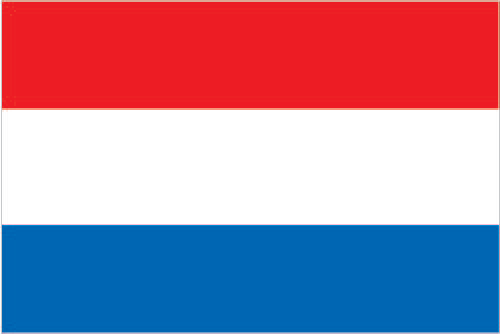About the town » Delfshaven, Rotterdam, Zuid-Holland, Netherlands
- Admiraal 240
- Van Baarlen 239
- Van Harten 226
- Van Der Hilst 211
- De Hoog 209
- Van Der Plas 205
- Looijaard 197
- Valkenburg 193
- Rijnsdorp 190
- Van Der Gaag 186
- Post 185
- Rodenburg 175
- De Jong 175
- Verboom 174
- Blom 174
- Visser 169
- Overgaag 166
- Van Kesteren 163
- Van Der Burg 162
- Overgaauw 162
- DTB Dopen 80.931
- BS Geboorte 49.190
- BS Overlijden 39.507
- DTB Trouwen 21.222
- BS Huwelijk 15.842
- DTB Begraven 13.452
- Notariële archieven 10.922
- Bevolkingsregister 2.682
- Kadaster 1.981
- Inschrijving gevangene 43
Delfshaven is a borough of Rotterdam on the right bank of river Nieuwe Maas, in South Holland, the Netherlands. It was a separate municipality until 1886. The town of Delfshaven grew around the port of the city of Delft. Delft itself was not located on a major river, so in 1389 a harbour was created about 10 km due south of the city, to be able to receive seafaring vessels and avoid tolls being levied by the neighbouring and competing city of Rotterdam. This settlement was named Delfshaven ("Port of Delft"). On 1 August, 1620 the Pilgrim fathers left Delfshaven with the Speedwell. Since then, the town's Oude Kerk has also been known as the Pelgrimskerk, or in English, the "Pilgrim Fathers Church". Fishing, shipbuilding and the distillery of jenever were the main sources of income. The Dutch East India Company had important wharfs and warehouses in Delfshaven, and one of the Dutch West India Company's most famous commanders, Piet Hein, was born here. Delfshaven belonged to the city and municipality of Delft until 1811, when it became a separate municipality. Delfshaven was annexed to Rotterdam in 1886 at its own request. The current borough has some 73,000 inhabitants. Its small historic centre has been carefully preserved. This features modest local museums, a brewery and six or so dining and drinking facilities. Delfshaven escaped the bombing of Rotterdam by the Luftwaffe on May 14, 1940. Later during the Second World War, the area around the Groot Visserijplein and other parts of the western city of Rotterdam were destroyed by an allied bombing, on March 31, 1943.
![]()
Delfshaven
Rotterdam
Zuid-Holland
Netherlands

More information about this place can be found in Wikipedia